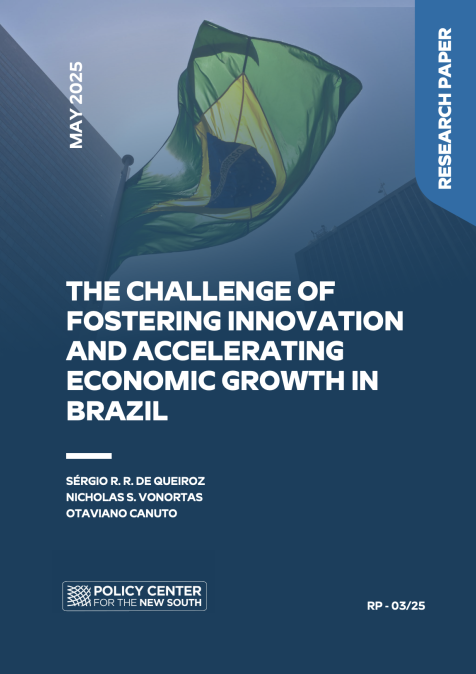lim DALI - Chargé d’études au sein de la Division Analyse macroéconomique et risque-pays, AFD
April 15, 2015
En partenariat avec l'AFD, OCP Policy Center organise une Formation à la macroéconomie du risque pays du 13 au 16 avril 2015. Retrouvez le programme de la Formation sur http://bit.ly/1CJo35P
Speakers

Slim DALI
Chargé d’études au sein de la Division Analyse macroéconomique et risque-pays, AFD
Diplômé de l’Ecole d’économie de Toulouse (TSE), Slim Dali a occupé un poste d’économiste à la Direction Générale du Trésor et de la Politique Economique au sein du Ministère de l’Economie et des Finances, pendant 3 ans. Il a parallèlement été chargé d’enseignement à l’université de Paris Dauphine. En 2009, il a intégré l’observatoire des études économiques des Instituts d’Emission d’Outre-Mer, avant de rejoindre en septembre 2012, la division Analyse Macroéconomie et Risque-pays de l’AFD. Au sein de sa division d’appartenance, Slim contribue à l’analyse des vulnérabilités économiques et financières des pays d’intervention de l’AFD, et développe en particulier la thématique intégrant les interactions entre énergie et macroéconomie.
...











